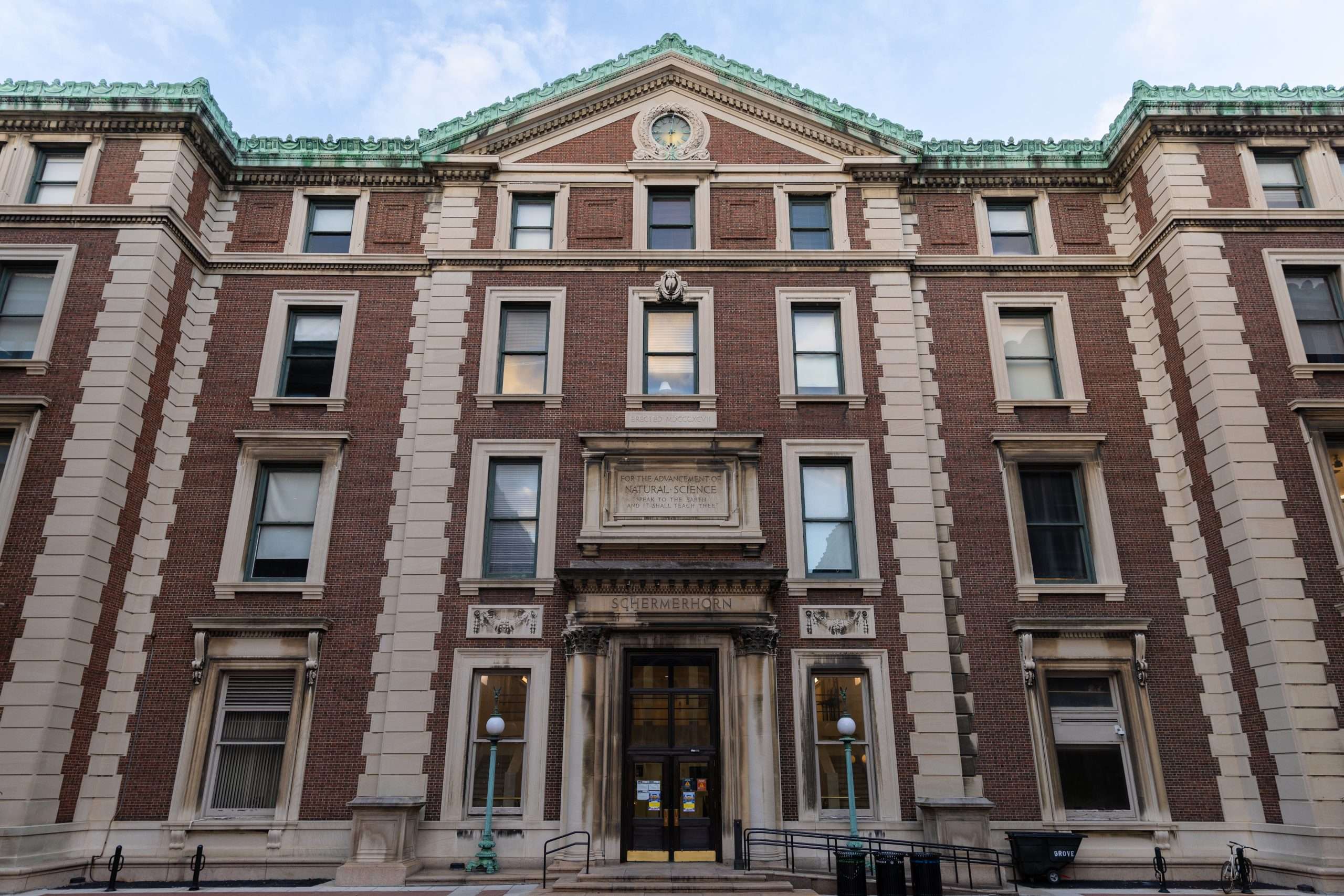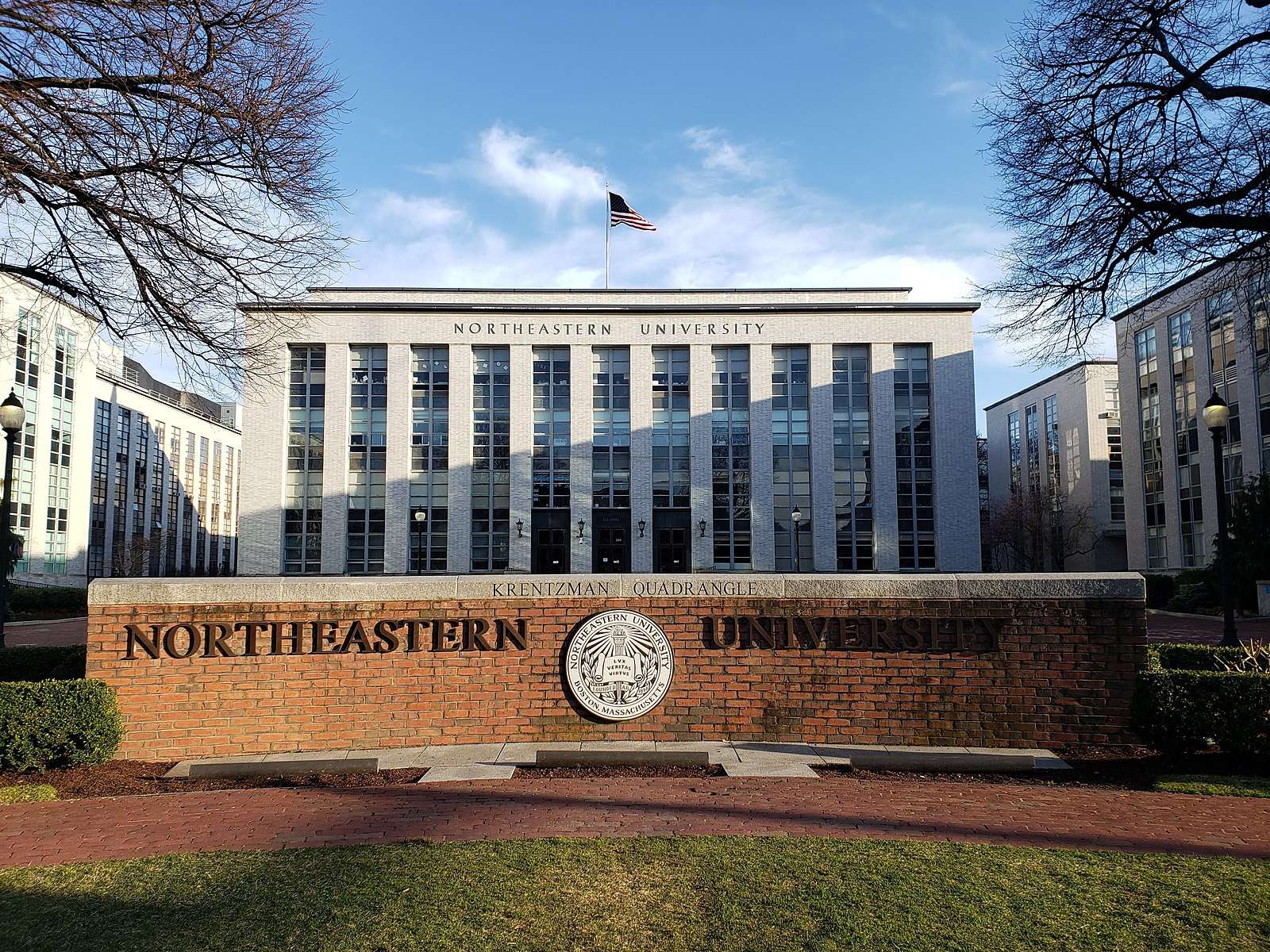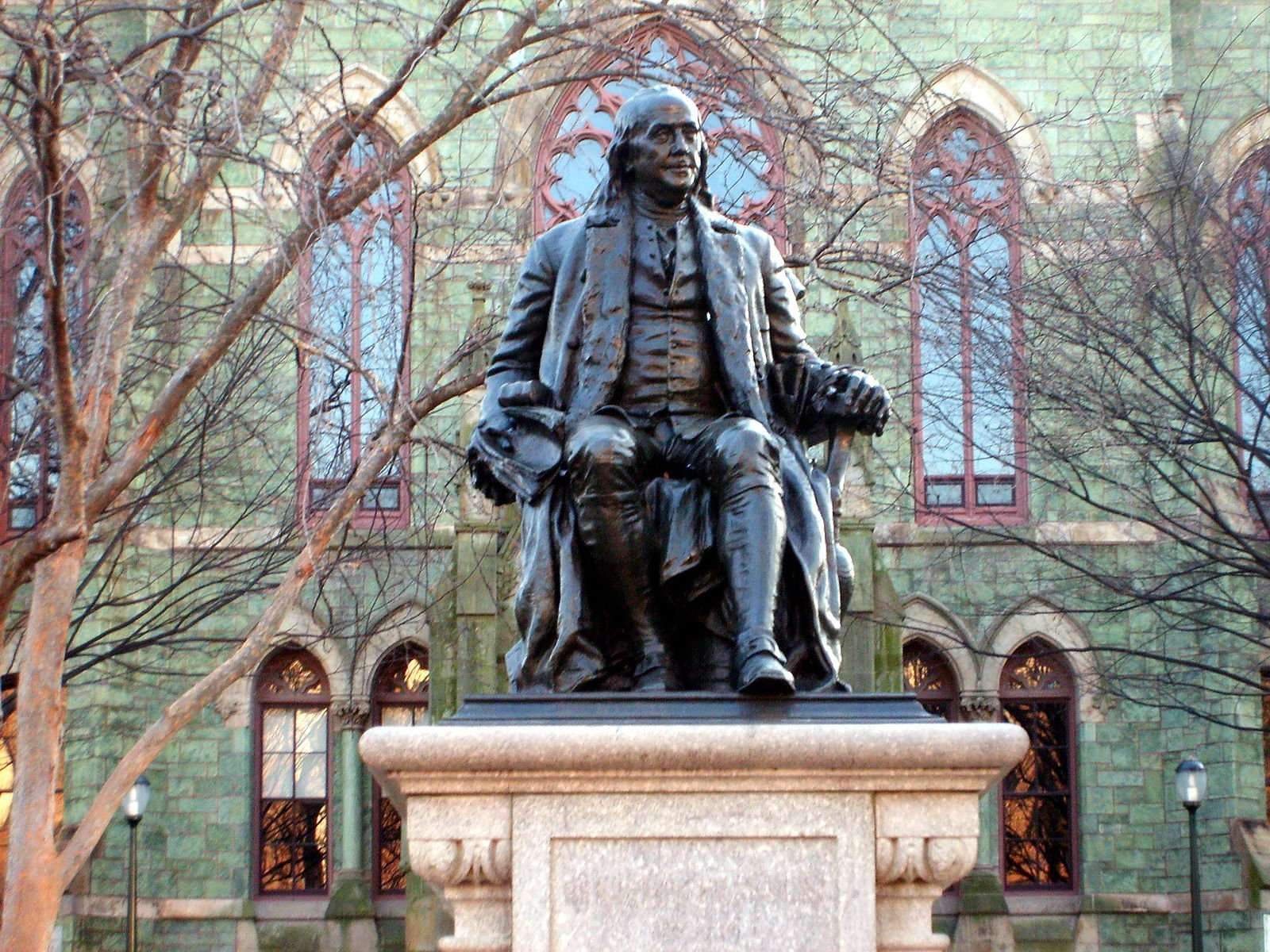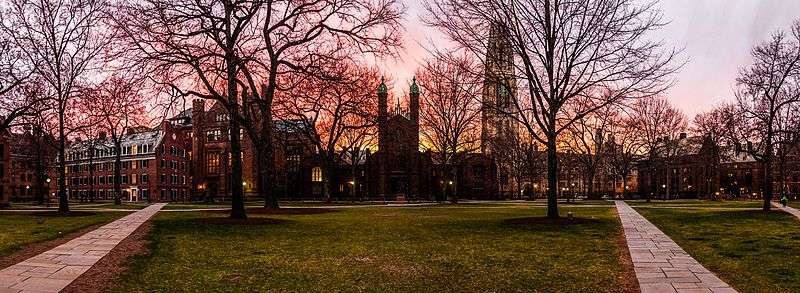The Ivy Coach Daily
College Rankings Can Be Funny

Each year, college ranking websites veer further from reality, producing lists that are more about the socioeconomic makeup of each school than the actual quality of education or the strength of alumni outcomes. The ubiquitous US News ranking is a prime example. Numerous studies and analyses by the likes of Malcolm Gladwell (whom we at Ivy Coach recently had a chance to sit down with to discuss some of the hypocrisies of elite college admissions) have exposed its flawed methodology, resulting in a list that seems to be more about the size of the school’s endowment than anything substantial. In a piece for Forbes titled “A Blizzard of College Rankings,” Ryan Craig aptly points out:
“It’s high time we recognized college rankings for what they are: clickbait, no better than those slideshows advertised with alluring photos at the bottom of less-than-reputable news sites.”
The Ranking Game and How Prestigious Colleges Boost Their Stats
So, college rankings are indeed misleading. But don’t be fooled into thinking that universities will stop pandering to these websites at the expense of their affordability and accessibility to the average student. On the contrary, elite colleges are far more invested in their rankings than they’d have you believe. In fact, even the most prestigious schools in the nation have been caught manipulating data to their ranking’s advantage, as Craig points out:
“Next up was the Ivy League. A year before Columbia’s annus horribilis, Columbia University math professor Michael Thaddeus published an analysis dissecting Columbia’s dizzying climb to the #2 spot and alleged its data was ’inaccurate, dubious, or highly misleading.’ According to Thaddeus, Columbia told U.S. News that 83% of its classes had fewer than twenty students when its own class directory indicated the correct number was below 67%. Columbia tried to ignore him at first, but then began an official review.”
Putting the Fun Back in College Rankings
Manipulating data? Driving up tuition costs? And for what — the praise of a random publication with undue influence over public opinion? We at Ivy Coach pine for a future where college rankings aren’t a serious authority on higher educational prestige but rather a fun way of comparing and contrasting the various attributes of different schools. For example, we were delighted to see Hinge’s ranking of the most desirable universities.
Among the top 30, Harvard ranked 28th (we’ll walk our readers through only the highly selective colleges within the top 30 in the interest of brevity). Emory ranked 27th, Brown 26th, Penn 23rd, Yale 22nd, Notre Dame 21st, Georgetown 18th, USC 17th, Dartmouth 15th, Princeton 13th, UNC 11th, BC 10th, Tulane 6th, UVA 5th, Duke 4th, Wake Forest 2nd, and which school takes the crown? It would be. . . drum roll please. . . Vanderbilt University. According to Business Insider, “These alumni are swiped right on 16.7% more than the average Hinge user.” As for the brains of Vandy students and alumni, “Brains: U.S. News & World Report ranking: No. 16.”
Just as we applaud Hinge for adding some frivolity back into college rankings, we also applaud sites that rank colleges for specific qualities that are hard to determine just from your research. For example, we’re avid fans of Niche’s 2025 list of “Top Party Schools in America.” Among these top 30, the University of Southern California (#8) and Tulane University (#3) are the only elite schools to have made the cut. Still, that speaks to the accuracy of this list. After all, highly selective schools are renowned for their academics, professional networks, facilities, and histories — not necessarily their parties. But if that’s a significant consideration for you, at least there is a list out there for you to consult!
Take Every College Ranking With a Grain of Salt
All this shows is that college rankings aren’t an excellent tool for determining which school will fit you. Instead, we recommend researching campus culture, specific programs and opportunities, emerging research, location, etc. A campus visit is not only a great way to demonstrate your interest in your prospective school (which, whether they admit it or not, they sincerely care about!), but it’s also perfect for getting a feel for life on campus straight from the students there!
You are permitted to use www.ivycoach.com (including the content of the Blog) for your personal, non-commercial use only. You must not copy, download, print, or otherwise distribute the content on our site without the prior written consent of Ivy Coach, Inc.
TOWARD THE CONQUEST OF ADMISSION
If you’re interested in Ivy Coach’s college counseling, fill out our complimentary consultation form and we’ll be in touch.
Get Started




